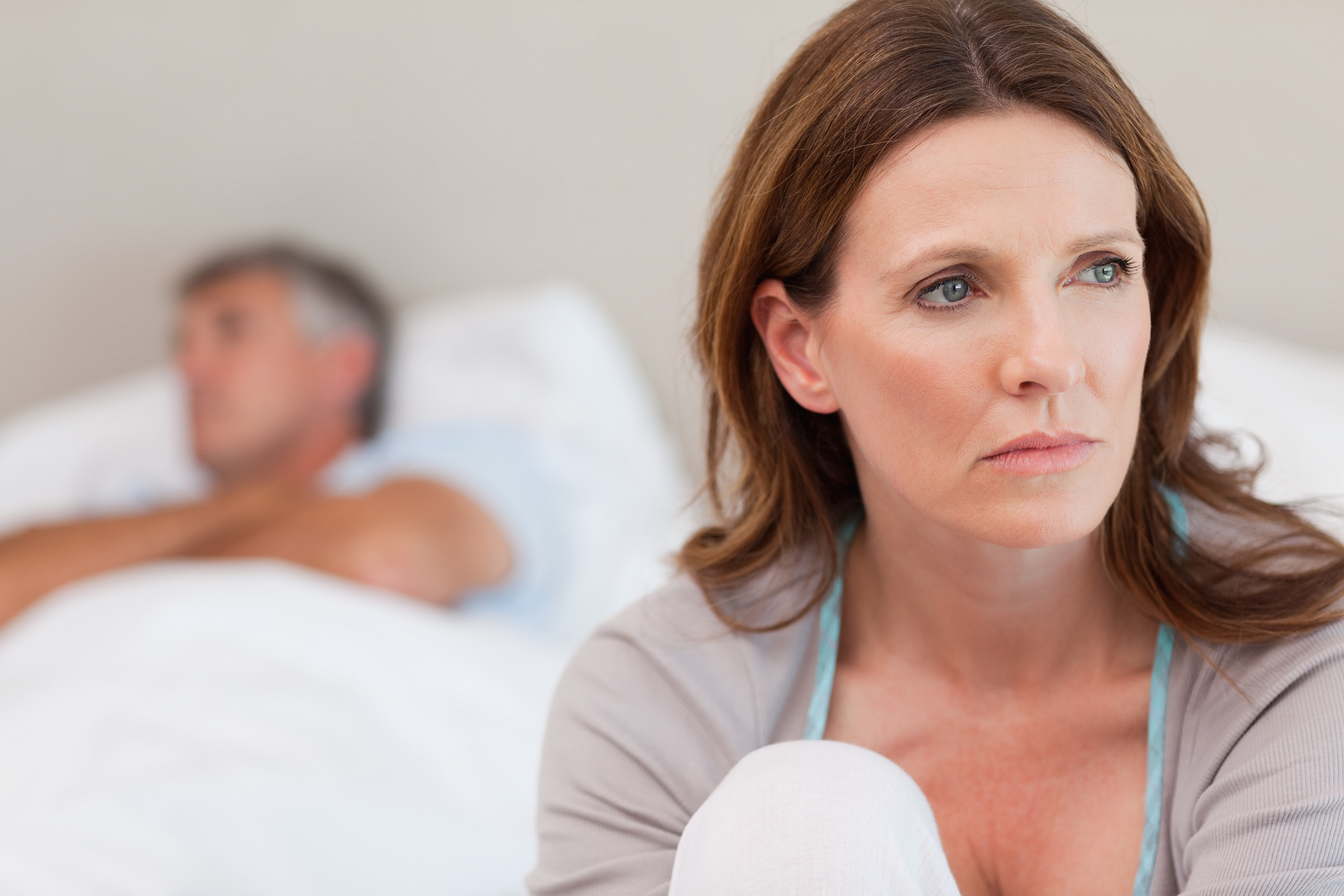

This post is for the women out there — and for those who care about the women in their lives.
It’s some straight talk about the vagina of the menopausal woman.
Often, we feel uncomfortable discussing this subject with our doctors and some women can be even more uncomfortable broaching the subject with female friends or family members.
But if you’re at this life stage, you may already be noticing some changes that you’d like to have a better understanding of.
And if you’re not there yet, hopefully, we will dispel some misconceptions and make you less fearful of what is to come.
What waning hormones do to your vagina
Before we talk about solutions to vaginal changes caused by menopause, let’s make sure we have our terminology straight.
Often the word “vagina” is used to include the vulva, but this is not anatomically correct. The vulva is a different organ and plays different roles than the vagina in women’s health.
We’re focusing here on the vagina, the muscular tube that goes from the external genitalia (the vulva), up past the cervix, to the uterus.
Now, onto those changes…
As menopause begins, estrogen levels drop, and progesterone is no longer produced at all. At first, women may only experience mild dryness, but this is the first sign of changes that will progress during menopause and post-menopause.
The medical term for these changes is vaginal atrophy and includes:
- Fewer vaginal secretions, causing a feeling of dryness
- Cells on the vaginal surface do not grow as quickly, leading to a thinned vaginal lining
- Changes to the connective tissue around the vagina make it less elastic and more narrow
- Fewer blood vessels around the vagina, causing reduced blood flow to the area
- A shift in the acidic pH of the vagina, leading to an increased risk of vaginal infections
Not everyone’s symptoms are the same
Not every woman will notice bothersome symptoms as she goes through menopause.
For example, vaginal dryness may cause pain and discomfort during sex, but it may not be that much of a bother if a woman is not sexually active.
If a woman is sexually active, regular sexual activity can reduce vaginal atrophy by stimulating blood flow to the vagina which promotes healthy vaginal tissue.
On the other hand, it’s good to be aware that other organs close to the vagina, such as the bladder and urethra (the tube that lets urine leave your body) are affected by the hormonal changes of menopause.
Some women may experience recurring urinary tract infections (UTIs), which can cause pain (including pain to the side of the body) and irritation.
Safe solutions and cautions
The good news is that dryness, irritation or pain during sex are easily managed for most.
Vaginal moisturizers may reduce dryness, and lubricants may reduce pain during sex. There are products designed primarily to lessen dryness for your general comfort as well, sex aside.
Many of these products are readily available online or over-the-counter at your local pharmacy or supermarket. But when choosing one that’s right for you, the North American Menopause Society recommends water-soluble products. The oil in some products can lead to irritation.
Another option is vaginal estrogen. It will treat dryness and pain, but it also can reduce the likelihood of recurring UTIs. It’s usually inserted using an applicator, two to three times a week.
It’s generally considered safe however, anyone with a history of breast cancer, or increased risk due to family history, should definitely consult with their doctor first, and consider other options.
Newer treatments also include non-hormonal drugs. Your gynecologist could discuss the pros and cons of such daily dose pills. But like most drugs, they also carry risks: an albeit small, but increased risk for cancer of the lining of the uterus.
There are some natural options…
Some studies support supplementing with omega-3s, like those found in fish or krill oil to improve vaginal dryness and atrophy. Of course, consistent and regular supplementation would be necessary to see the best results.
One study as well found that supplementing vitamin D improved vaginal health outcomes in postmenopausal women.
A final word of caution from The North American Menopause Society:
“ … those women who do experience vulvovaginal symptoms (dryness, irritation, burning, itchiness, pain) should not automatically assume that reduced estrogen levels are the reason for these symptoms, as there are other possible causes.”
Never play “armchair doctor.” If a symptom is unusual see your doctor to figure out what’s really going on.
Sources:
Experts Reveal What Happens to Your Vagina When You Get Older — Science Alert
Estrogen (Vaginal Route) — Clinic
The Effect of Omega 3 Fatty Acids on Atrophic Vaginitis in Breast Cancer Survivors — Ohio State University
Effect of Vitamin D Supplement on Vulvovaginal Atrophy of the Menopause — Nutrients

